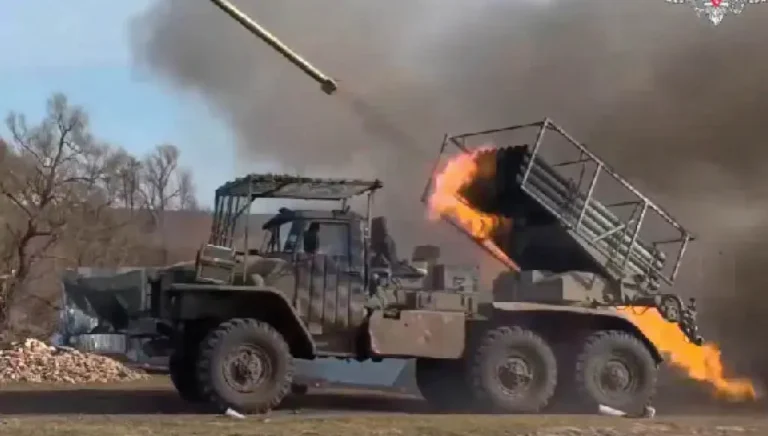
Russia has scrapped its age limit for professional soldiers, paving the way for more civilian experts to be recruited for the Ukraine conflict.
President Vladimir Putin has signed a law enabling people over 40 to enlist for the armed forces.
They are expected to be people of normal working age.
Previously the army had age limits of 18-40 years for Russians and 18-30 for foreigners.
Russia is presenting it as a move to recruit more technical specialists.
The new law says specialists are required to operate high-precision weapons and “experience shows that they become such by the age of 40-45”. More medics, engineers and communications experts may also be recruited.
Ukrainian and Western military experts say Russia has suffered heavy losses in the war: about 30,000 killed, according to Ukraine, while the UK government estimates the toll at about 15,000.
In comparison, Soviet losses in nine years of war in Afghanistan were about 15,000.
Russia gave a total of 1,351 dead on 25 March, which it has not updated.
President Putin has avoided large-scale conscription for what Russia calls its “special military operation” in Ukraine.
But in March Russia’s defence ministry admitted that some conscripts were involved in the conflict and some had been taken prisoner by Ukrainian forces. The defence ministry stressed that it was not official policy to send conscripts into battle.
Later, Defence Minister Sergei Shoigu said that those conscripts drafted into the military this spring would not be sent to any hotspots.
Conscription, also known as the draft, is a centuries-old practice for states to require large numbers of men to serve in the military. Russia’s conscription, dating back to tsarist times, obliges men aged 18 to 27 to serve one year in the military. But many get exemptions on medical grounds, or because they are students.
Russia now has more than 400,000 professional “contract” soldiers in its 900,000-strong active armed forces. It can also mobilise about two million reservists, military analysts say.
Ukraine’s army is a lot smaller – it has an estimated 200,000 active troops and 900,000 reservists, though it has boosted those numbers through mass mobilisation since Russia invaded on 24 February.
Under its current martial law, Ukraine forbids men aged 18 to 60 from leaving the country, demanding that they stay and fight. So women, children and the elderly form the vast majority of refugees fleeing to neighbouring countries.
Ukraine’s military says it is not yet conscripting women, but some can be drafted exceptionally if their skills in medicine, IT or other areas are needed.
Many countries have military conscription, though the rules vary widely. They include Israel, Turkey, Iran, Sweden and Georgia.
The UK and US are among many other countries which have fully professional armies, as well as reservists who can be called up in an emergency. The UK had conscription in both world wars, and the US had the draft during the Vietnam War. (BBC)








